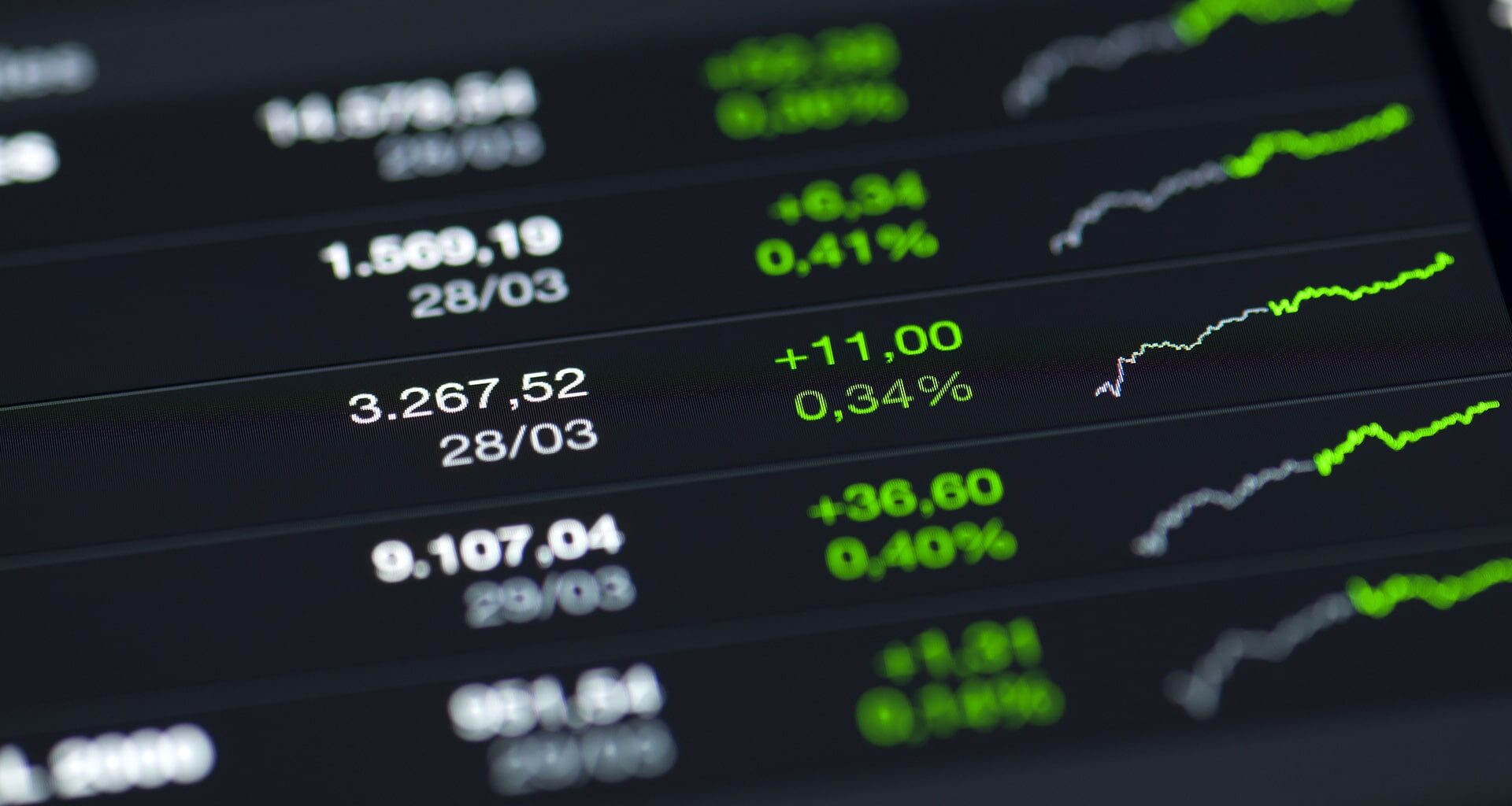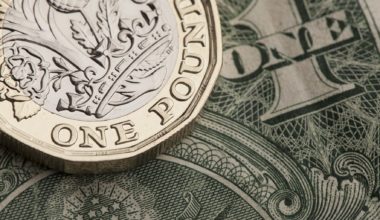Last week, James Bullard, President of the Federal Reserve Bank of St Louis, spoke to reporters at CNBC. He said he expects inflation to increase this year and the Fed’s Open Market Committee (FOMC) would like inflation to overshoot its 2% target (at least for a while). If and when that happens, we should expect many market commentators to claim that inflation has gotten out of hand, but they will probably be wrong: there is plenty of room to move up before inflation becomes a problem.
The COVID recovery in the global economy will certainly result in higher inflation reads than we have seen in recent years. But significant spare capacity in the economy and the strong deflationary pressures of new technology and an ageing population would require a substantial inflationary push to reverse in the medium-term. These are the reasons why inflation has been so subdued for so long, and these factors have not gone away.
The impact of monetary debasement could change this. Central banks in developed world economies have been printing money to partially fund fiscal spending during the crisis, and this may become a more permanent feature of public policy. The effect of this is unclear and could have long-term implications. Given the more immediate problems of a global pandemic and recession, this really is a problem for another day. For the time being, we should expect inflation (and inflation expectations) to remain somewhat subdued. But this could become an issue for markets at some point and investors should consider this a risk worth thinking about.
In the meantime, markets have registered solid gains this month thanks to the rollout of the coronavirus vaccine, reopening economies, and expectations for more fiscal stimulus. Since the start of February, the Dow has gained more than 5%, the S&P 500 has rallied 6%, and the Nasdaq is up 8%. Further illustrating the market’s buoyant mood is the fact that the VIX Index (measure of market volatility) finished below 20 on 12th February. This is the lowest it has been since the pandemic-induced sell-off began in February 2020.
Disclaimer: The views expressed in this article are those of the author at the date of publication and not necessarily those of Dominion Capital Strategies Limited or its related companies. The content of this article is not intended as investment advice and will not be updated after publication. Images, video, quotations from literature and any such material which may be subject to copyright is reproduced in whole or in part in this article on the basis of Fair use as applied to news reporting and journalistic comment on events.


